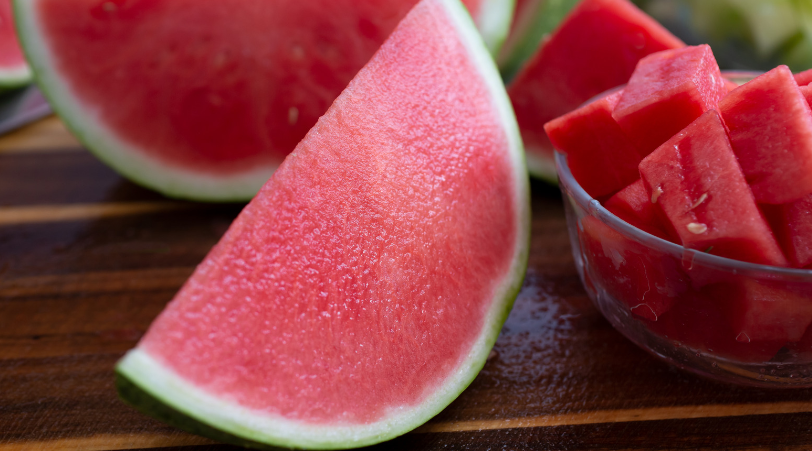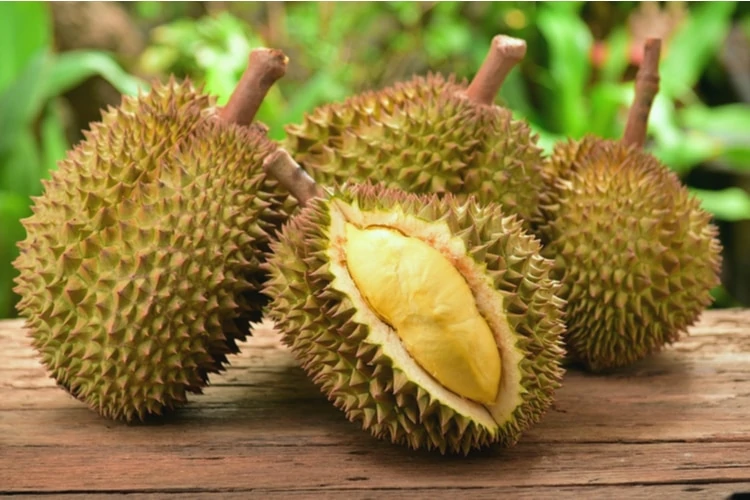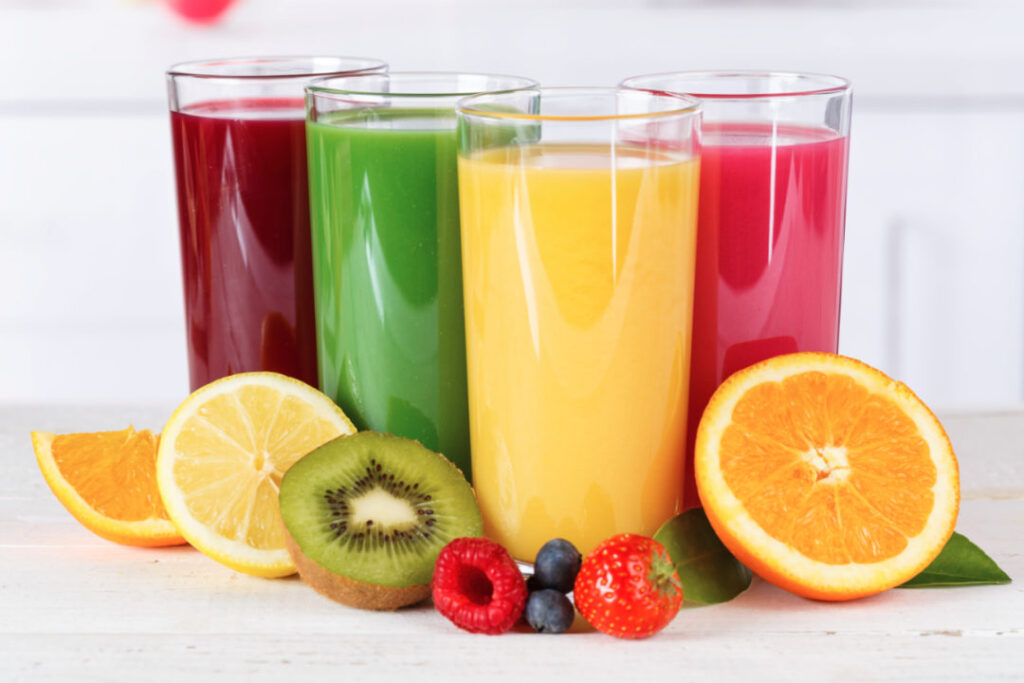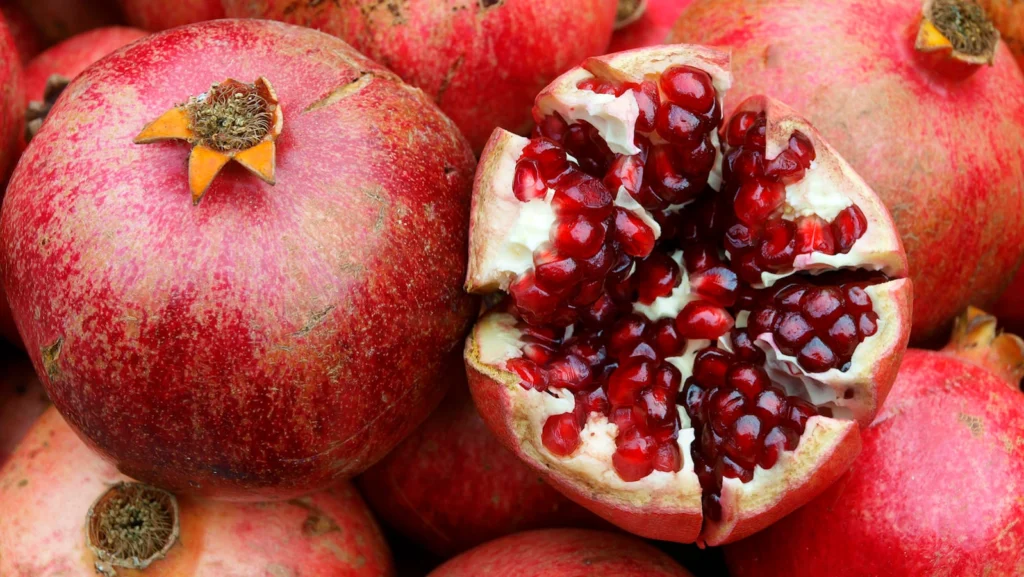Avocadocs have become really famous for their smooth, creamy insides and rich flavor. You might wonder, does that make avocado a tropical fruit?
In this practical guide, we’ll talk about what makes a fruit tropical, and take a close look at avocados – where they come from, what kind of weather they grow in, why they are good for you, how to use them in your kitchen, how to pick the perfect one, ways to keep them ripe and fresh, and share some cool bits of information about them.
Table of Contents
What Makes a Fruit Tropical?
Tropical fruits are those that grow best in the warmth and moisture of places near the middle of the Earth, called the equator. In these places, you’ll find plenty of sunshine, lots of rain, and rich soil. Tropical fruits are usually bright, colorful, and full of flavor, and they’re also really good for your health.
What Are Tropical Fruits Like?
Most tropical fruits are juicy and fleshy, and they can taste anything from sweet and tangy to really different and tropical. They’re full of things that are good for your body, like vitamins, minerals, and stuff that fights off disease.
So, Is an Avocado a Tropical Fruit?
Yes, avocado is a tropical fruit. It grows best in places that are hot and wet, and you’ll find avocado trees in countries all over the world that have tropical and kind of hot, seaside weather. These trees originally came from Central and South America and are now grown in many different tropical and warm places.
Where Do Avocados Come From?
Avocados have been around for a really long time, like thousands of years. It’s thought they first grew in what we now call Mexico. Ancient people there, like the Aztecs and Mayans, really liked avocados – they tasted great, were good for them, and even meant something special about being alive and well.
What Kind of Weather Do Avocado Trees Like?
Avocado trees need a warm place without any frost. They like mild to hot temperatures and get happy when the humidity’s just right. They can’t stand the cold and need soil that lets water run through it easily. They also prefer places where it’s not too windy.
What’s So Great About Avocados?
Avocados are super tasty and have lots of important stuff your body needs. They have healthy fats that are good for your heart.
They’re also loaded with fiber, which helps your digestion and keeps you feeling full, and they have vitamins like vitamin K and E, as well as minerals like potassium and magnesium. They even have things that help you stay healthy by stopping bad reactions in your body.
Why Are Avocados Good for You?
Because of all the good nutrients packed in them, avocados help with many aspects of your health. The fats in avocados are great for managing good cholesterol levels and keep you from feeling hungry too soon.
The fiber helps with your digestion and keeps things moving smoothly. And, the anti-bad-stuff elements in avocados protect you from some types of damage and swelling inside your body.
Fun Ways to Eat Avocados
Avocados are really flexible in recipes. People love to mash them up into guacamole or slice them for salads, sandwiches, and wraps. They also make things creamy in dressings, sauces, and even some desserts. You can even switch them in for butter or oil in baking!
Some Favorite Avocado Recipes
- Guacamole
- Toasty Avocado Bread with a Poached Egg
- Chicken and Avocado Salad
- Avocado in Sushi Rolls
- Chocolatey Avocado Mousse Enjoy the many ways you can eat avocados and love their changing tastes.

![What Is the National Fruit of Ecuador and Why? [ANSWERED]](https://fruitonix.com/wp-content/uploads/2023/04/What-Is-the-National-Fruit-of-Ecuador-and-Why-1024x637.jpg)







